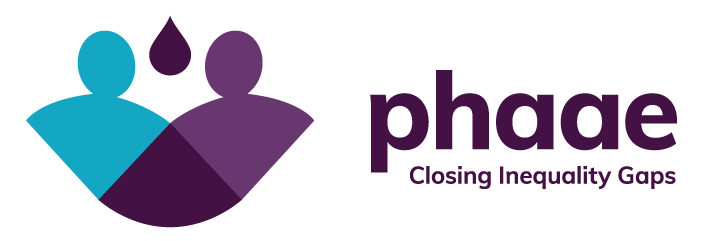Moving Upstream With Primary Prevention
By Uc-Okonmah
A couple of days ago, I set out to visit some of the Community Health Centers within the Federal Capital Territory to conduct a survey. At a point in my journey to this particular one, situated in one of the satellite towns in Abuja, I parked my car at a safe spot and paid a bike rider to get me there as the road leading to the health center wasn’t pliable by motorists. I spent some time trying to find the exact location of the health center and after a long search, I found it within the houses scattered around the communities. I walked to the entrance and found the windows opened, without being clothed by any mosquito nets. It looked relatively new for a 2011 AMAC project.
I made my way towards the door but it was locked! I knocked and called out but there was no sign of any living person around. I was puzzled as to why a Community health center at any point should close its doors. Then I wondered if this could be one of the predicaments of the Nigerian health care systems.
It is a known fact that Nigeria’s healthcare system is below standard and needs to be revamped: More so, it is equally worthwhile that the public health preventive measures are taken very seriously by every individual in Nigeria. Eating a balanced meal of more fruits and vegetables for instance, ensuring normal physical activity, taking enough water and maintaining a clean personal and environmental hygiene. These are some of the actions that must be manifested by us, as responsible people who are foremost responsible for their well-being.
‘’For he who has health has hope; and he who has hope, has everything’’
Owen Arthur
We could draw a similitude of this situation from Larry Cohen’s book Prevention is Primary: Strategies for Community Wellbeing wherein he termed this as moving upstream with Primary prevention. He illustrated it with a lucid example of standing at the bank of a river, rescuing people who are drowning, however, not going ahead of the river to keep people from falling in. Now If community health care centers which are constructed to serve the poorest of the poor and treat ailments in communities are only operational on paper but not in the physical context, then the people in these communities need to move ‘upstream’ to be responsible and take preventive measures and make pivotal lifestyle changes to keep infections and diseases away altogether.
After the event, I consulted with a doctor friend, Fred (not the real name) who worked in Abuja and was informed that there were only a handful of doctors in Nigeria who were in the federal civil service and that most doctors were reluctant to be posted to the community health centers. However, even if that were to happen, they would work their way out to be reposted as the community health centers did not have the materials they needed for their work. This also applied to the nurses. And he went further to say that only the community health education workers (CHEW) would be willing to ‘sit around’ these health centers as they were accustomed to the communities and could leave the complex anytime they wanted to. With this information, I pondered upon the fate of the communities they had been posted to serve. What happened to health equity? What happened to eliminating disparities in health?
Public Health as a profession has always been focused on preventive education on all ailments and works to reduce the requirement of other forms of treatment, using primary prevention as the core conduit. It is an advice to the people of this community and to all Nigerians to take extra measures to keep themselves free from diseases and to live in safe sanitary conditions.
There is also a human rights angle to this. A human rights framework is central to health equity and declares that not only do all people deserve to be treated with dignity, compassion and support but also deserve equal access to adequate health care and health-related services, regardless of sex, race, socio-economic status and other statuses. This is a calling to all who care about this utmost concerning glitch in our current healthcare system and to other non profits to take immediate action towards closing health inequality gaps and achieving health equity amongst all.
In Nigeria, non profits and international organizations appears to care more for the poorest rather than the government which should be responsible for the people. With this in mind, I urge non profits organizations and every organization concerned with community wellbeing to venture on more programs centered on Health Promotion, social and behavioral change communication as this will truly be like moving upstream to combat and contain disease outbreaks from ever occurring. For when the behavior is right, the bulk of the work is done.
Sincerely Yours,
